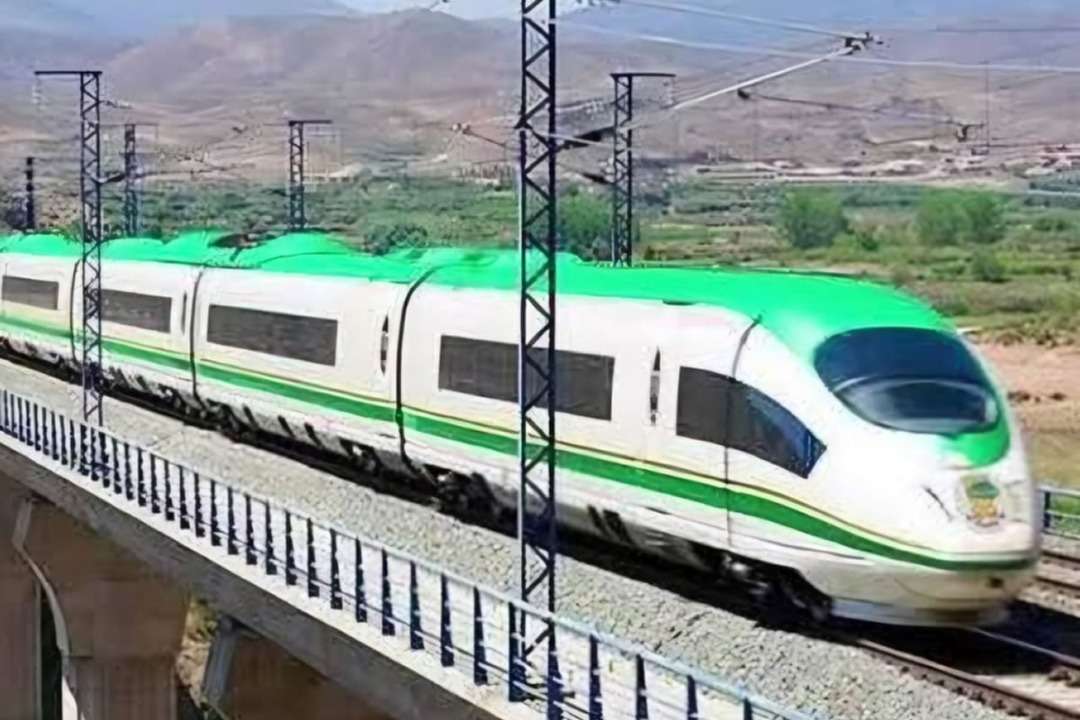The Federal Government has announced plans to link all major seaports in Nigeria by rail, in a bid to improve logistics, ease cargo evacuation, and reduce congestion on the nation’s highways.
The initiative, being coordinated by the Federal Ministry of Transportation and the Federal Ministry of Marine and Blue Economy, is part of a broader effort to modernise Nigeria’s transport infrastructure and enhance its position as a regional trade hub.
Speaking during a joint ministerial briefing, the Minister of Transportation, Senator Sa’idu Ahmed Alkali, noted that several key railway corridors are already under construction and will soon be connected to major port locations. He cited the Kaduna-Kano and Kano-Maradi standard gauge railway lines, which are currently over 50% completed, as critical components of the port linkage plan.
Existing Progress
The Minister also highlighted ongoing work on the Lagos-Ibadan standard gauge line, which has already facilitated the movement of cargo from the Apapa Port. In addition, the government has expanded barge operations at Lagos and Onne Ports, while completing the 27-kilometre Lekki Port Access Road to support efficient freight movement.
According to the Minister of Marine and Blue Economy, Adegboyega Oyetola, the integration of rail and marine transport will reduce the heavy dependence on trucks, which has long caused traffic gridlock and accelerated road deterioration in port areas.
Part of National Transport Strategy
The new rail-port connectivity forms a key component of Nigeria’s National Marine and Blue Economy Policy, which aims to create seamless intermodal transport integration linking roads, railways, waterways, and pipelines.
Oyetola stated that the policy will transform Nigeria into a logistics hub for West and Central Africa, boosting competitiveness, reducing logistics costs, and ensuring faster cargo turnaround at ports.
Economic and Operational Benefits
Analysts say that linking seaports by rail will:
- Lower cargo evacuation costs and improve supply chain efficiency
- Decongest major port access roads, especially in Lagos
- Enhance trade competitiveness by reducing delivery time
- Strengthen Nigeria’s role as a regional maritime gateway.
However, experts caution that the project’s success will depend on sustained funding, coordination among agencies, and effective maintenance of rail infrastructure. Land acquisition, right-of-way issues, and community engagement are also expected to pose implementation challenges.




